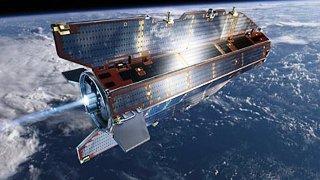
Gravity Ocean Circulation Explorer (GOCE). An ESA photo
PARIS (AFP): A science satellite dubbed the "Ferrari of space" for its sleek, finned looks will shortly run out of fuel and fall to Earth after a successful mission, the European Space Agency (ESA) says.
Launched in 2010, the satellite - a hi-tech craft designed to monitor gravity and ocean circulation - is likely to break up in mid-October, its mission manager told AFP on Wednesday.
The Gravity Ocean Circulation Explorer (GOCE) orbits at an extremely low altitude of just 260 kilometres, where there are lingering molecules of atmosphere.
To reduce drag, it has an arrow-like octagonal shape and two fins to provide extra aerodynamic stability, a departure from the box-like form of satellites that operate in the complete vacuum of space.
It stays aloft thanks to an ion engine that began with a stock of 41 kilos of fuel and is now down to about two kilos, Rune Floberghagen said from an ESA symposium in Edinburgh, Scotland.
"We are facing the situation where the electrical propulsion system which keeps the spacecraft flying at this extremely low altitude will stop working somewhere between the end of September and the beginning of November - the best engineering prediction is in the middle, somewhere in the 16th or 17th October," he said.
Most of the 5.3-metre spacecraft will break up and burn when it tumbles to an altitude of 75 to 80 kilometres, he said.
According to re-entry analysis, about 250 kilos of its one-tonne mass will survive, hitting the surface in a trail of "between 40 and 50 fragments" extending over 900 kilometres, he said.
It was impossible right now to say where the trail would be, as the re-entry is uncontrolled, Floberghagen said.
He explained that it was only in 2008, after GOCE was designed and built, that an international agreement required research satellites to have propulsion enabling a targeted re-entry that leads to a breakup over the ocean, thus reducing the risk of impacting inhabited areas.
"It is much less than other (uncontrolled) re-entries, it is a very small aircraft in fact. We should put this into perspective and not over-dramatise what is happening here," he said, adding that ESA was advising national authorities on the upcoming event.
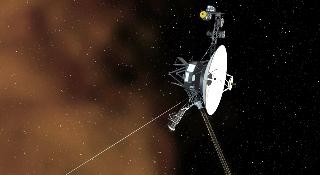 Previous Article
Previous Article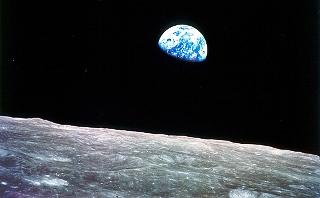 Next Article
Next Article
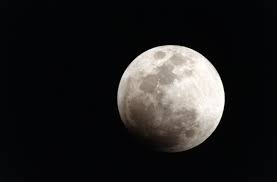
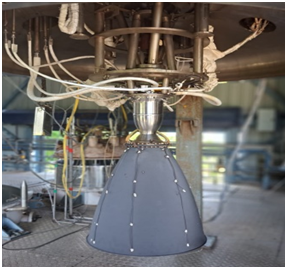
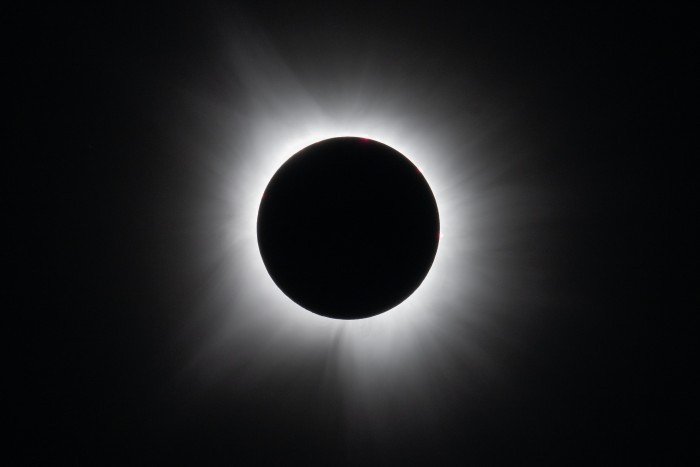
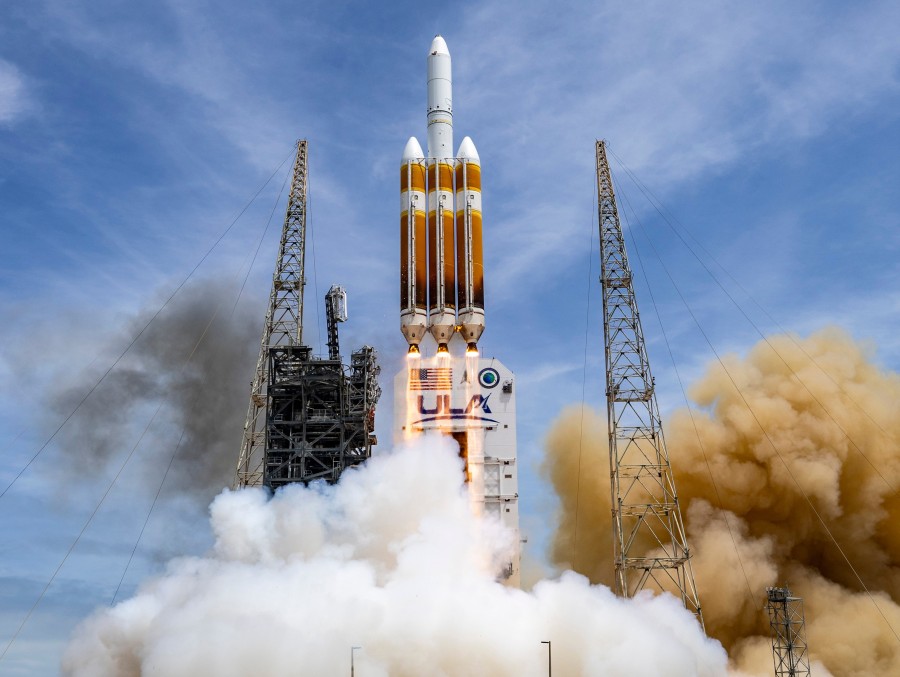

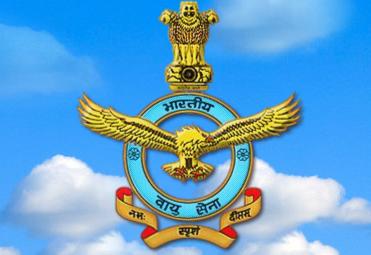
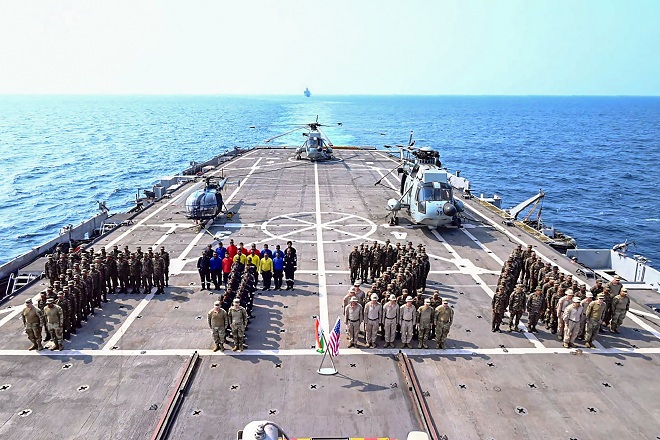

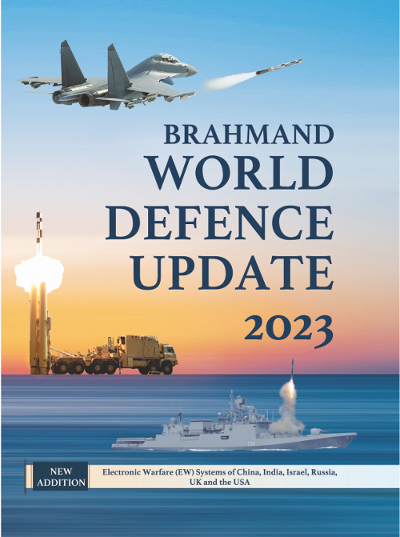




The Indian Air Force, in its flight trials evaluation report submitted before the Defence Ministry l..
view articleAn insight into the Medium Multi-Role Combat Aircraft competition...
view articleSky enthusiasts can now spot the International Space Station (ISS) commanded by Indian-American astr..
view article